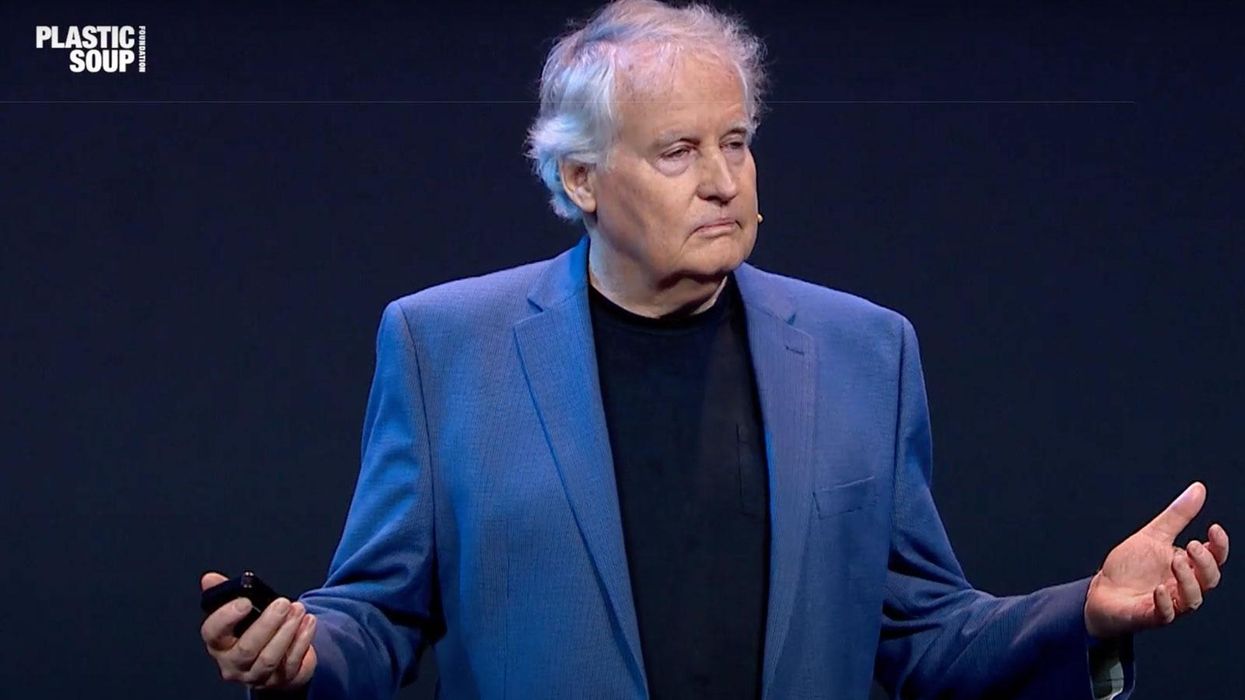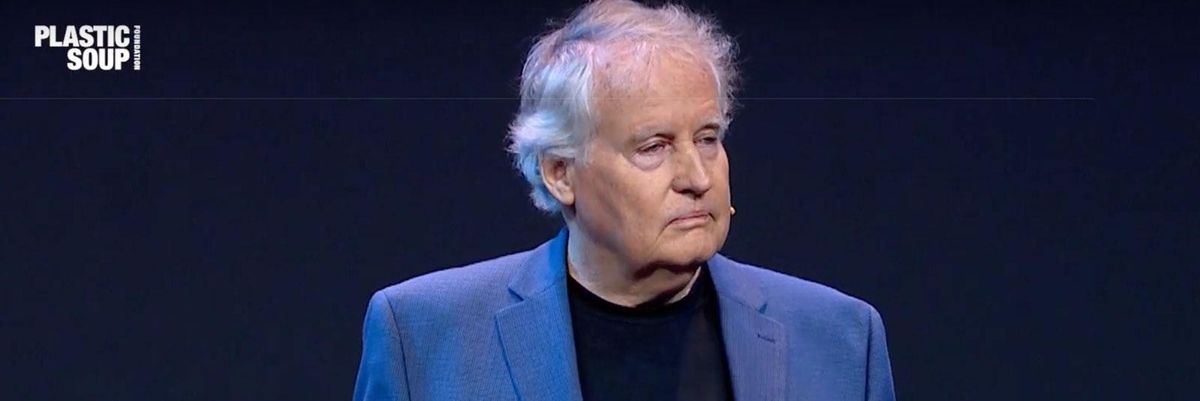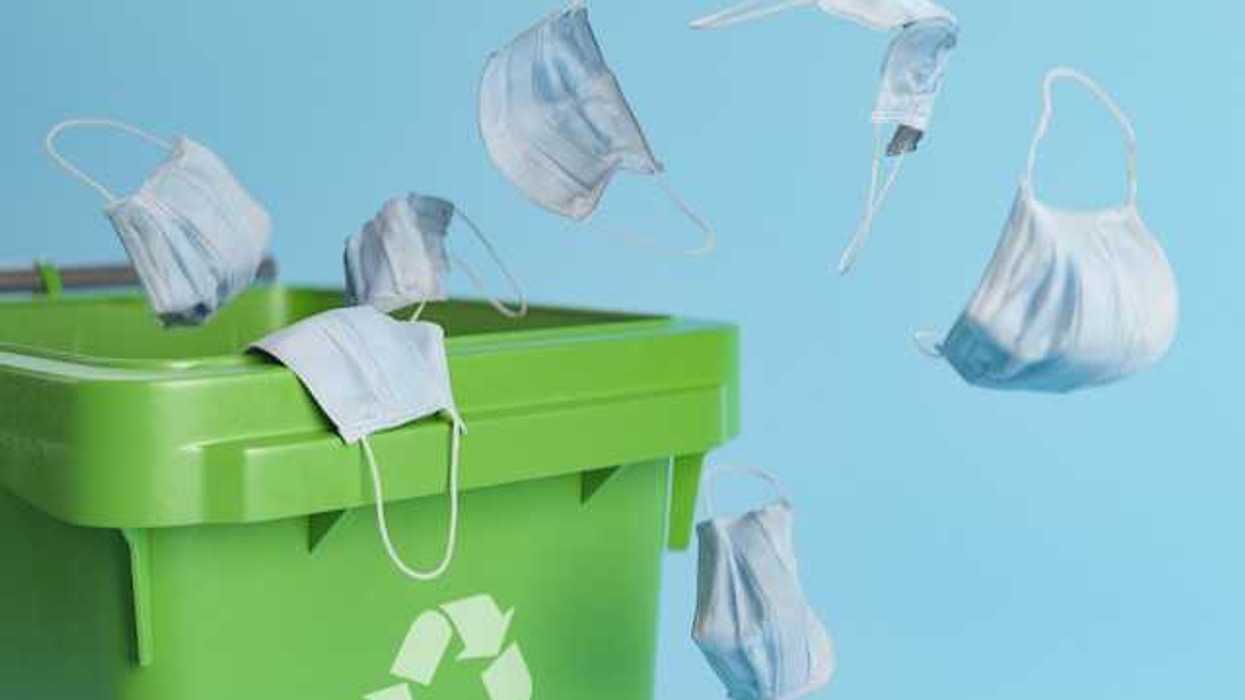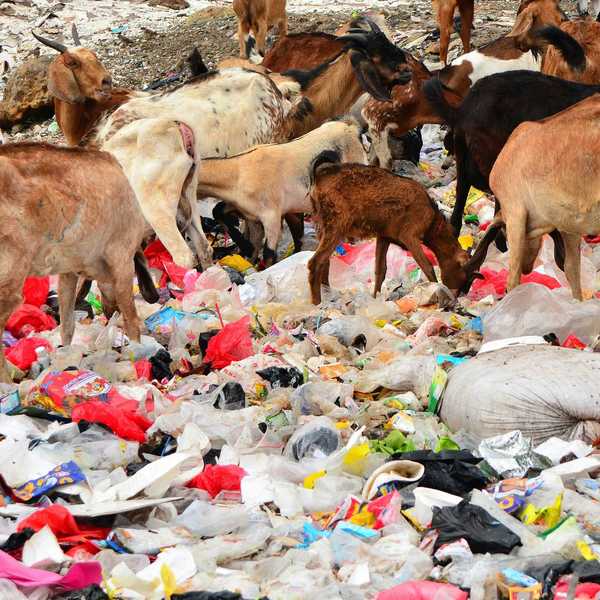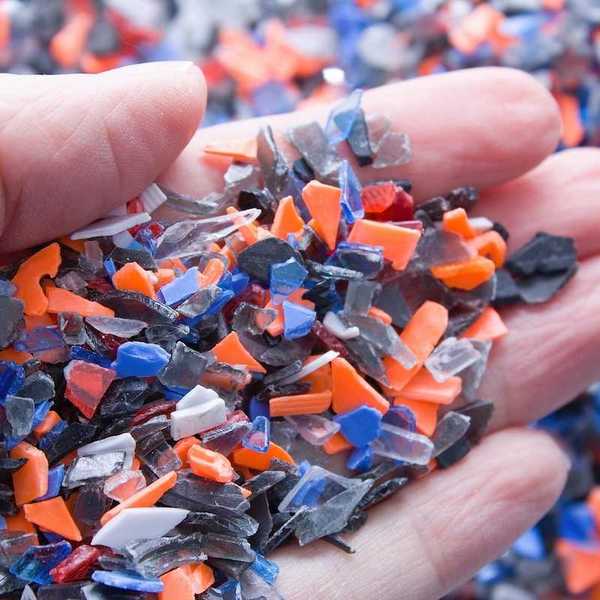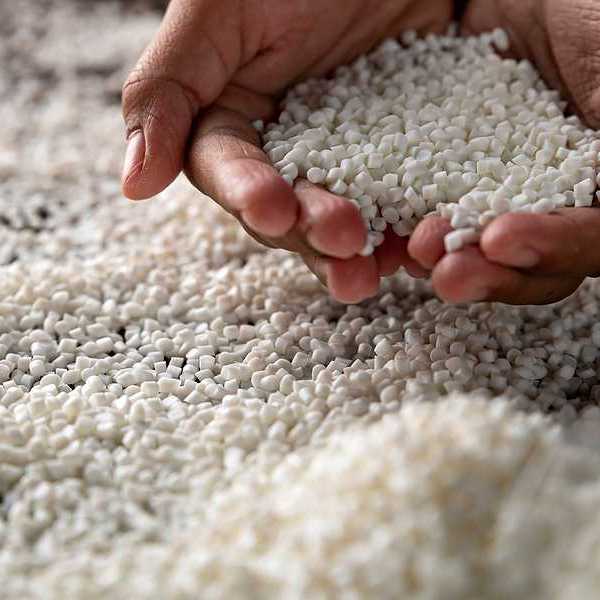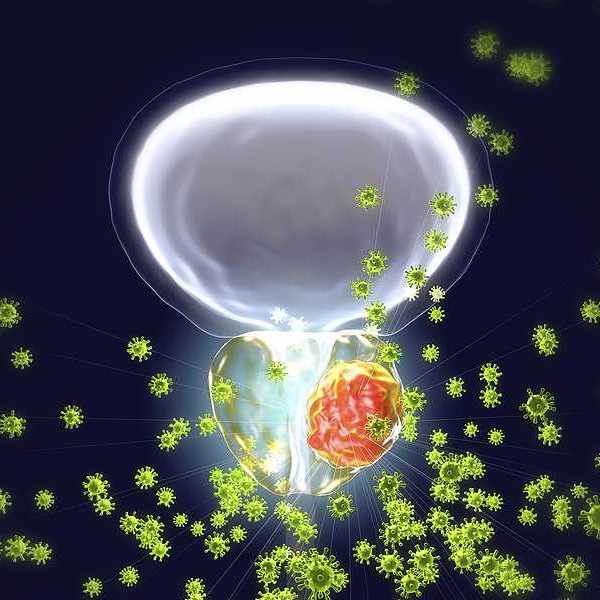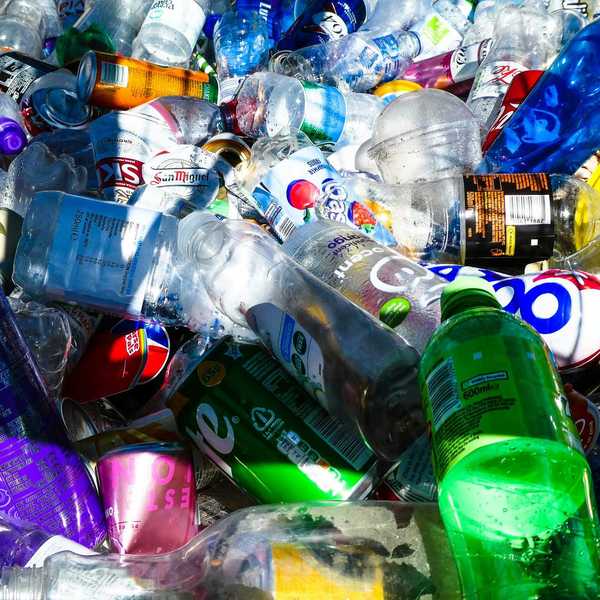Are we just going to keep making plastics and other endocrine-disrupting products until the environment is irreparably compromised and future generations are sterile?
Terry Collins, Teresa Heinz Professor of Green Chemistry and the Director of the Institute for Green Science at Carnegie Mellon University, recently laid out the case for revolutionary change in Amsterdam, at the Plastic Soup Foundation's Plastic Health Summit 2021.
Plastic pollution 'as ominous as climate change'
Endocrine disrupting chemicals – synthetic compounds that act like hormones at vanishingly tiny concentrations in our bodies and hijack hormonal functions like brain development and fertility – represent a problem for society, Collins said, "at least as ominous as climate change and probably faster moving but quietly so."
"There's an Everest of scientific information and cultural information saying that we have not been diligent in managing the power of the chemical enterprise," he said. "Wherever you look at a highly chemicalized societies, you see low birth rates."
Solution to plastic pollution
So what can we do? At the risk of spoiling the 16-minute clip above, Collins pointed to four steps:
- Learn how to make profitable chemicals that are sustainable.
- Test for endocrine disrupting chemicals.
- Move from a "money first" to a "sustainability first" regulatory and market model.
- Learn how to love the future.
The principal challenge, he added, is to prove that democracies can bring down a corrupt power.

